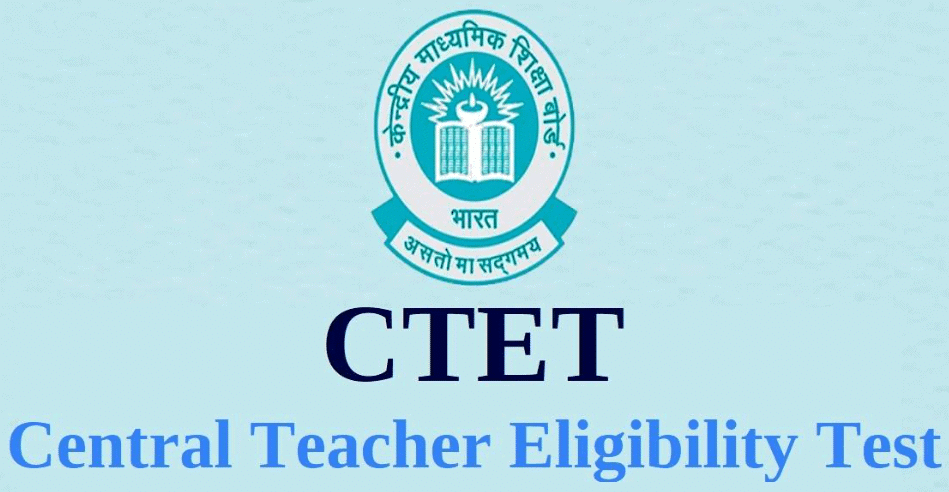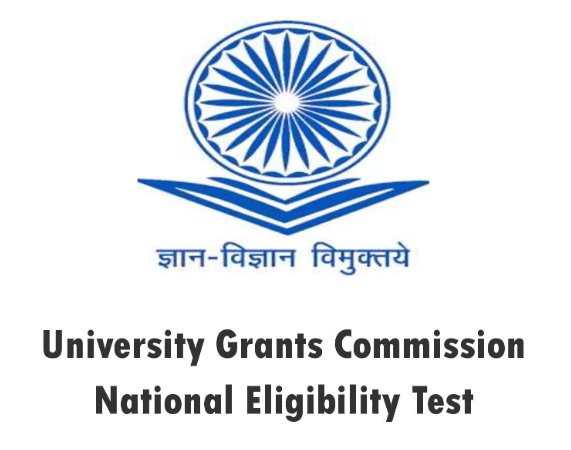What is CTET, TGT, PGT, JRF, UGC NET? | How To Study For CTET - CTET & State TET PDF Download
Navigating the landscape of educational qualifications in India can be overwhelming, with numerous exams assessing the competencies of teachers and researchers. If you've ever been confused about terms like CTET, TGT, PGT, JRF, and UGC NET, you’re not alone! But fret not—EduRev is here to simplify these concepts for you.
India’s education system is structured with various examinations designed to ensure high teaching standards and research excellence. Among the most significant are the Central Teacher Eligibility Test (CTET), Trained Graduate Teacher (TGT), Post Graduate Teacher (PGT), Junior Research Fellowship (JRF), and the University Grants Commission National Eligibility Test (UGC NET). Each of these plays a crucial role in shaping the careers of educators, from primary school teachers to university-level researchers.
In this article, EduRev provides a comprehensive breakdown of these exams, covering their purpose, eligibility criteria and structure . By the end, you’ll have a crystal-clear understanding of these key certifications and how they contribute to building a highly qualified academic workforce.
Central Teacher Eligibility Test (CTET)
Purpose and Significance
The Central Teacher Eligibility Test (CTET) is an essential certification for aspiring teachers aiming to teach at the primary and upper primary levels in India. Conducted by the Central Board of Secondary Education (CBSE), CTET ensures that candidates possess the necessary skills and knowledge to educate young learners effectively. It is a mandatory requirement for those seeking teaching positions in central government schools such as Kendriya Vidyalayas and Navodaya Vidyalayas, as well as schools under the administrative control of Union Territories.

Eligibility Criteria
To be eligible for CTET, candidates must fulfill specific educational qualifications:
- For Primary Level (Class I-V): A senior secondary (or its equivalent) qualification with at least 50% marks and a 2-year Diploma in Elementary Education or a 4-year Bachelor of Elementary Education (B.El.Ed).
- For Upper Primary Level (Class VI-VIII): A graduation degree with at least 50% marks and a 2-year Diploma in Elementary Education or a 1-year Bachelor in Education (B.Ed).
Exam Structure
CTET comprises two papers:
- Paper I: For candidates aspiring to teach classes I-V.
- Paper II: For candidates aspiring to teach classes VI-VIII.
Both papers consist of multiple-choice questions (MCQs), covering subjects like Child Development and Pedagogy, Language I, Language II, Mathematics, and Environmental Studies.
Trained Graduate Teacher (TGT)
Purpose and Significance
The Trained Graduate Teacher (TGT) designation applies to teachers who are qualified to teach classes VI-X in various schools across India. Unlike CTET, TGT is not an examination but a qualification level indicating that the teacher has the requisite training and educational background to teach at the secondary school level.
Eligibility Criteria
The eligibility criteria for TGT are generally as follows:
- A bachelor's degree in the relevant subject with at least 50% marks.
- A Bachelor of Education (B.Ed) degree from a recognized institution.
Role and Responsibilities
TGT teachers are responsible for teaching specific subjects, depending on their qualifications and expertise. They play a crucial role in shaping the foundational knowledge of students in secondary education and preparing them for higher academic pursuits.
Post Graduate Teacher (PGT)
Purpose and Significance
Post Graduate Teachers (PGTs) are educators qualified to teach senior secondary classes (classes XI-XII) in various schools. PGTs typically have advanced subject knowledge and pedagogical skills, enabling them to teach specialized subjects at a higher academic level.
Eligibility Criteria
The criteria for becoming a PGT include:
- A postgraduate degree in the relevant subject with at least 50% marks.
- A Bachelor of Education (B.Ed) degree.
Role and Responsibilities
PGTs are tasked with teaching higher-level concepts and preparing students for board examinations and competitive entrance tests. Their role is pivotal in helping students transition from secondary to tertiary education.
Junior Research Fellowship (JRF)
Purpose and Significance
The Junior Research Fellowship (JRF) is a prestigious scholarship awarded to candidates who wish to pursue advanced research and academic careers in India. Administered by the University Grants Commission (UGC), JRF aims to identify and support talented individuals in their pursuit of research excellence.

Eligibility Criteria
To qualify for JRF, candidates must:
- Hold a master's degree or equivalent with at least 55% marks (50% for reserved categories).
- Clear the UGC NET examination, which serves as a gateway for both JRF and eligibility for assistant professorships.
Benefits and Opportunities
Recipients of JRF receive financial assistance in the form of a monthly stipend, which supports them during their research endeavors. The fellowship is valid for a period of five years, during which fellows can enroll in Ph.D. programs and contribute to academic research.
University Grants Commission National Eligibility Test (UGC NET)
Purpose and Significance
The UGC National Eligibility Test (UGC NET) is a critical examination for those aspiring to become assistant professors or secure a JRF in Indian universities and colleges. Conducted by the National Testing Agency (NTA) on behalf of the UGC, this examination ensures that candidates meet the minimum standards required for teaching and research in higher education.

Eligibility Criteria
The eligibility criteria for UGC NET include:
- A master's degree or equivalent with at least 55% marks (50% for reserved categories).
- Candidates appearing in their final year of the master's degree are also eligible to apply.
Exam Structure
UGC NET consists of two papers:
- Paper I: Designed to assess the teaching and research aptitude of the candidate. It includes questions on reasoning ability, comprehension, divergent thinking, and general awareness.
- Paper II: Focuses on the subject chosen by the candidate. It tests the depth of knowledge and understanding in that specific subject.
Impact on Higher Education
Clearing UGC NET is a significant milestone for those seeking academic careers. It qualifies candidates for the role of assistant professor and opens the door to research opportunities through the JRF. The examination thus plays a crucial role in maintaining the quality and standards of higher education in India.
Conclusion
CTET, TGT, PGT, JRF, and UGC NET are integral components of the Indian education system, each serving distinct roles in nurturing and assessing the capabilities of educators and researchers. CTET ensures the competence of primary and upper primary teachers, while TGT and PGT qualifications certify educators for secondary and senior secondary levels, respectively. JRF and UGC NET, on the other hand, are pivotal in fostering research and academic excellence in higher education. Together, these certifications and examinations contribute to the development of a robust and qualified cadre of educators and researchers, driving the advancement of knowledge and learning in India.
|
1 videos|11 docs
|
FAQs on What is CTET, TGT, PGT, JRF, UGC NET? - How To Study For CTET - CTET & State TET
| 1. What is the Central Teacher Eligibility Test (CTET)? |  |
| 2. What is the difference between a Trained Graduate Teacher (TGT) and a Post Graduate Teacher (PGT)? |  |
| 3. What is the Junior Research Fellowship (JRF)? |  |
| 4. How does the University Grants Commission National Eligibility Test (UGC NET) impact higher education in India? |  |
















